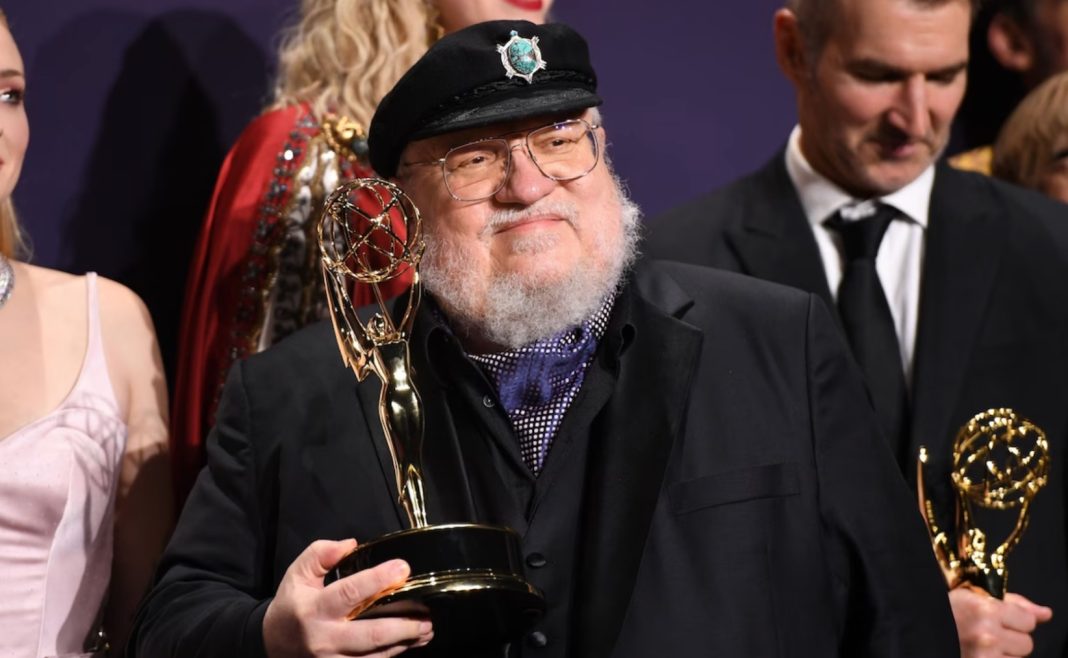LOS ANGELES, USA – Prominent authors including John Grisham, George R.R. Martin, Jodi Picoult, Jonathan Franzen, and George Saunders have joined forces to initiate a lawsuit against OpenAI, the creator of ChatGPT, accusing the tech giant of using their copyrighted material without permission to train its AI models.
These renowned novelists have aligned with the Authors Guild, a lobbying group for writers, in their legal battle.
Their lawsuit augments a rising number of copyright lawsuits faced by OpenAI and other AI enterprises, notably from stand-up comedian Sarah Silverman and authors Mona Awad and Paul Tremblay.
According to the lawsuit, OpenAI has allegedly copied the authors’ creations “wholesale, without permission or consideration,” using the material to hone its advanced “large language models” like ChatGPT. The suit contends that the foundation of these algorithms is essentially “systematic theft on a mass scale.”
The contention touches on the broader, contentious debate about the ethical boundaries of training AI tools and whether tech companies owe compensation to original creators for utilizing their data.
Typically, these sophisticated language models are fine-tuned using billions of text sentences amassed from various internet sources, such as news articles, Wikipedia, and social media comments. While specifics on the data sources remain under wraps by giants like OpenAI, Google, and Microsoft, critics speculate that these datasets might contain renowned pirated book collections that have been online for ages.
The aggrieved authors in this lawsuit are seeking damages for potential “lost opportunities to license their works” and are pushing for an injunction to prevent OpenAI from integrating their works in its training datasets. As of now, OpenAI has refrained from commenting on the ongoing litigation.
Tech companies, in their defense, have often posited that utilizing data harvested from the internet to nurture AI falls under the “fair use” clause in copyright law. This stipulation permits leveraging others’ works if the resultant product significantly deviates from the original. However, content owners argue against this, highlighting instances where AI outputs starkly resemble human-made original creations.
The tension between AI applications and content creators isn’t just limited to writers. Hollywood’s elite, including actors and writers, have expressed their reservations about AI’s potential to replace their roles in entertainment.
News platforms have even put barriers against AI companies extracting content from their sites. Contrarily, some publishers have inked agreements to sell content directly to tech conglomerates.
For instance, The Associated Press granted OpenAI access to its archives, and Universal Music Group collaborated with YouTube to explore AI’s potential in music production.
This ongoing dispute between creative professionals and the tech industry underscores the challenges and uncertainties surrounding intellectual property in the age of artificial intelligence.







